Benjamin Netanyahu currently holds the record as Israel’s longest-serving prime minister. As head of the Likud party, he leads what is widely regarded as the most right-wing coalition government in Israeli history.
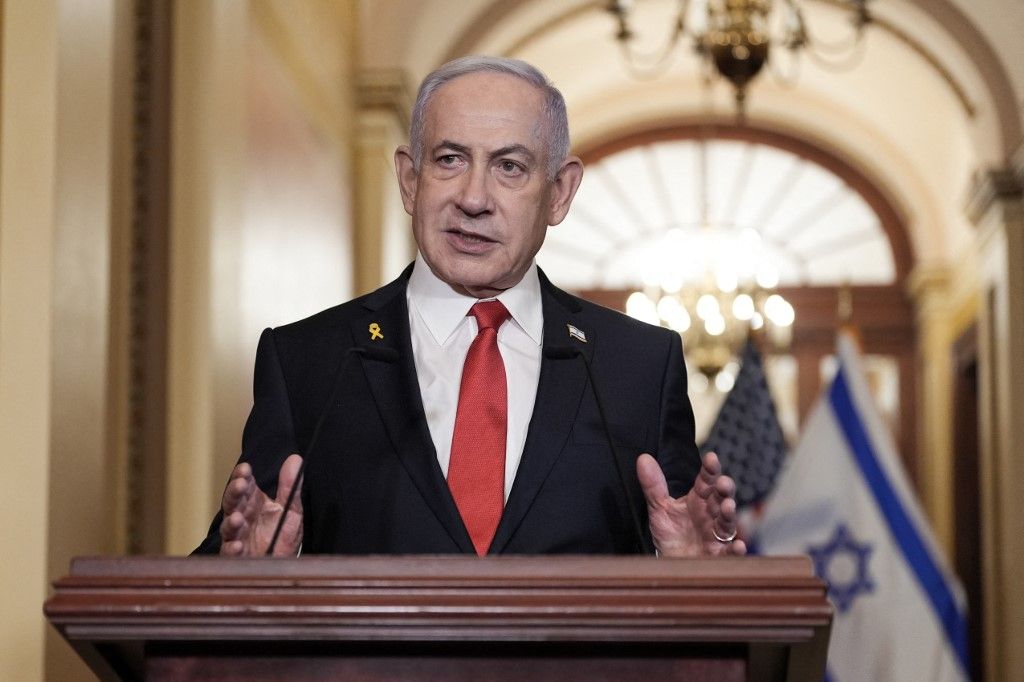
His return to power followed a relatively brief period in the opposition. This political comeback has only deepened the belief among his supporters that he is politically unbeatable. The 75-year-old’s extended time in office has strengthened the perception that he is the most suitable leader to defend Israel. Mr. Netanyahu has previously said that, first and foremost, he wishes to be remembered as Israel's defender — something he's visibly achieved.
Netanyahu’s Legacy
Benjamin Netanyahu was born in 1949 in Tel Aviv. In 1963, his family moved to the United States after his father, Benzion—a prominent historian and Zionist activist—was offered an academic post.
At 18, Netanyahu returned to Israel and served five years in the military. He was a captain in Sayeret Matkal, an elite commando unit. In 1972, he was wounded in an operation against Palestinian gunmen who had hijacked a Belgian airliner that had landed in Israel—but he remained in service, later fighting in the 1973 Yom Kippur War.
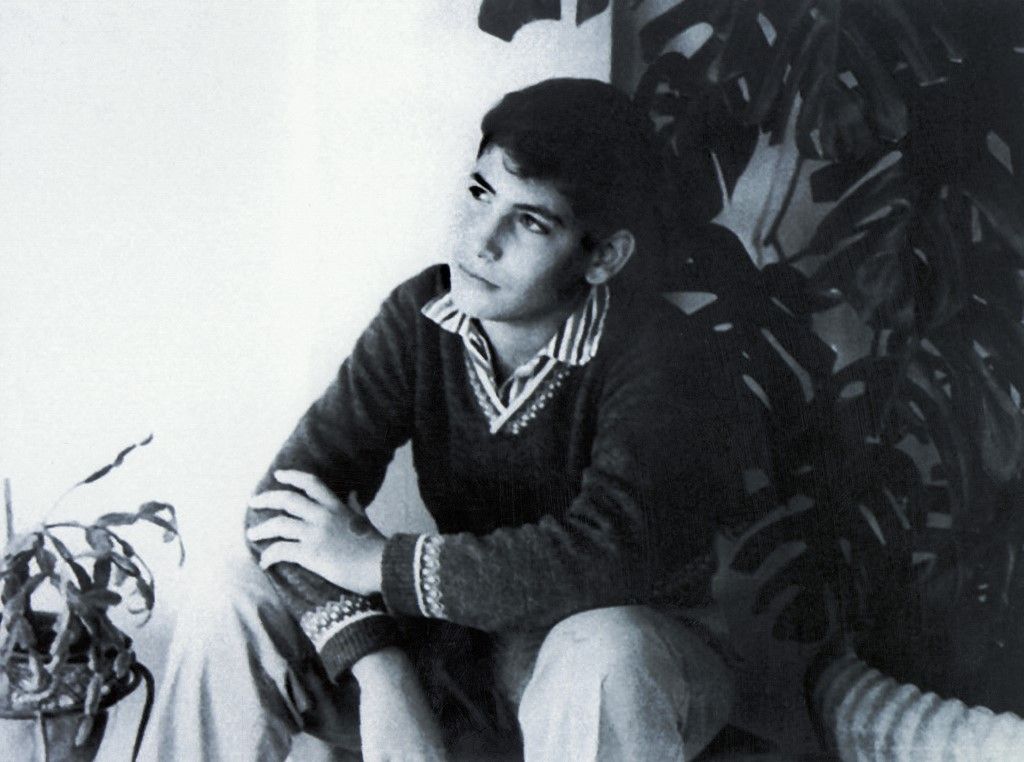
In 1976, Netanyahu’s brother - Yonatan - was killed while leading a raid to free hostages from a hijacked airliner in Entebbe, Uganda. His death deeply affected the family, and Yonatan became a national hero in Israel. In his memory, Benjamin Netanyahu founded an institute focused on counter-terrorism. Netanyahu has been married three times. He met his third wife, Sara Ben-Artzi, while she was working as a flight attendant on an El Al route between New York and Israel. They married in 1991. Netanyahu has three children, two of them from his third marriage.
Rise to Power
Netanyahu’s public affairs and political career took off almost overnight. In 1982, he was appointed deputy chief of mission at the Israeli embassy in Washington. Fluent in English and known for his distinct American accent and direct style, he quickly became a familiar face on U.S. television and an effective advocate for Israel.
In 1984, he was appointed Israel’s permanent representative to the United Nations.
He returned to Israel in 1988 and formally entered politics. He won a seat in the Knesset on the Likud party list and became deputy foreign minister. He was later elected party chairman.
The Likud Party
In terms of its economic policy, Likud is a liberal party that promotes fre competition and minimal government involvement on the market. While such views are commonplace in Israel today, they were considered revolutionary in the country’s socialist-leaning society until the late 1970s. Many voters of Mizrahi and Sephardic descent—Jews from Asian and African countries—support Likud, seeing it as a counterweight to the Labor Party's Ashkenazi dominance.
In 1995, Israel’s first directly elected prime minister, Yitzhak Rabin, was killed in an assassination. The country held early elections, which Netanyahu won.
He became the youngest leader in Israel’s history and the first born after the country’s founding in 1948.
Despite having strongly criticized the 1993 Oslo Accords between Israel and the Palestinians, Netanyahu signed an agreement transferring 80 percent of Hebron to the Palestinian Authority and agreed to further withdrawals from the occupied West Bank.
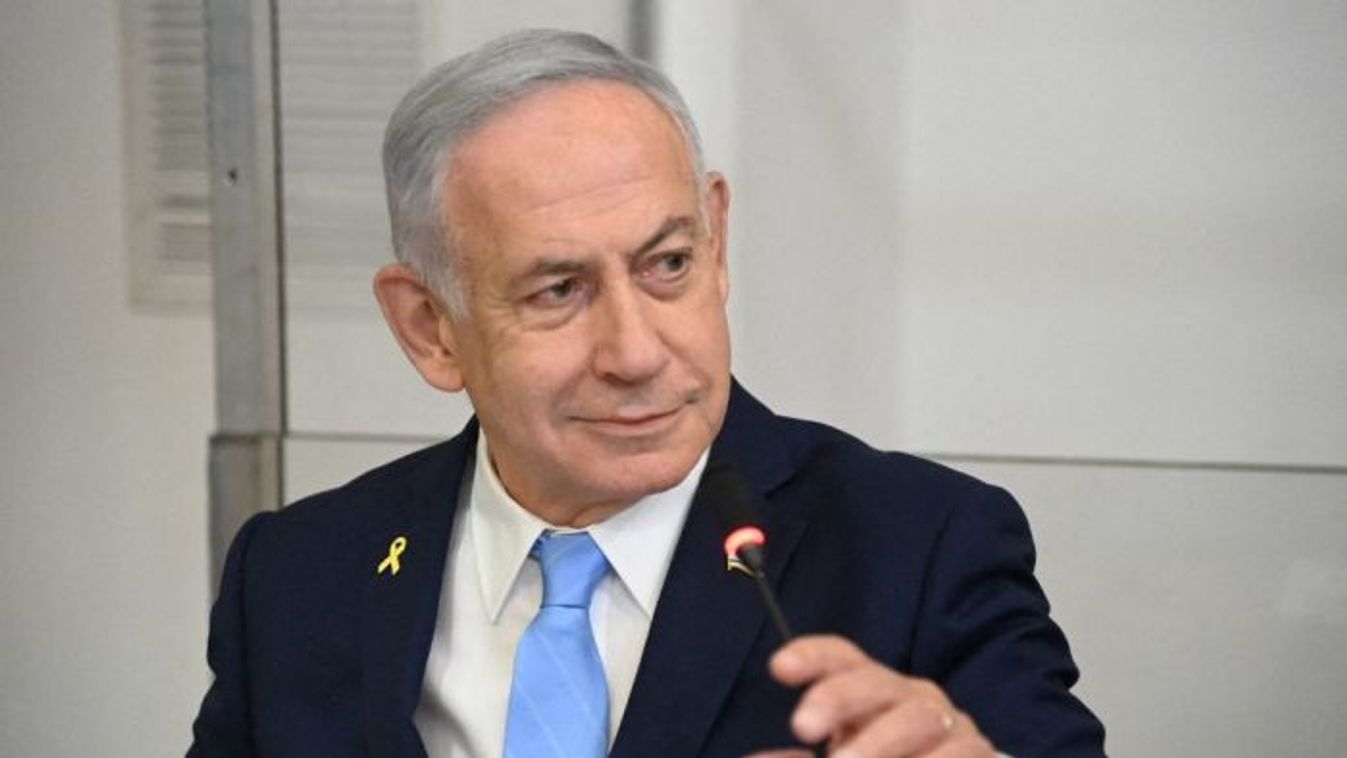
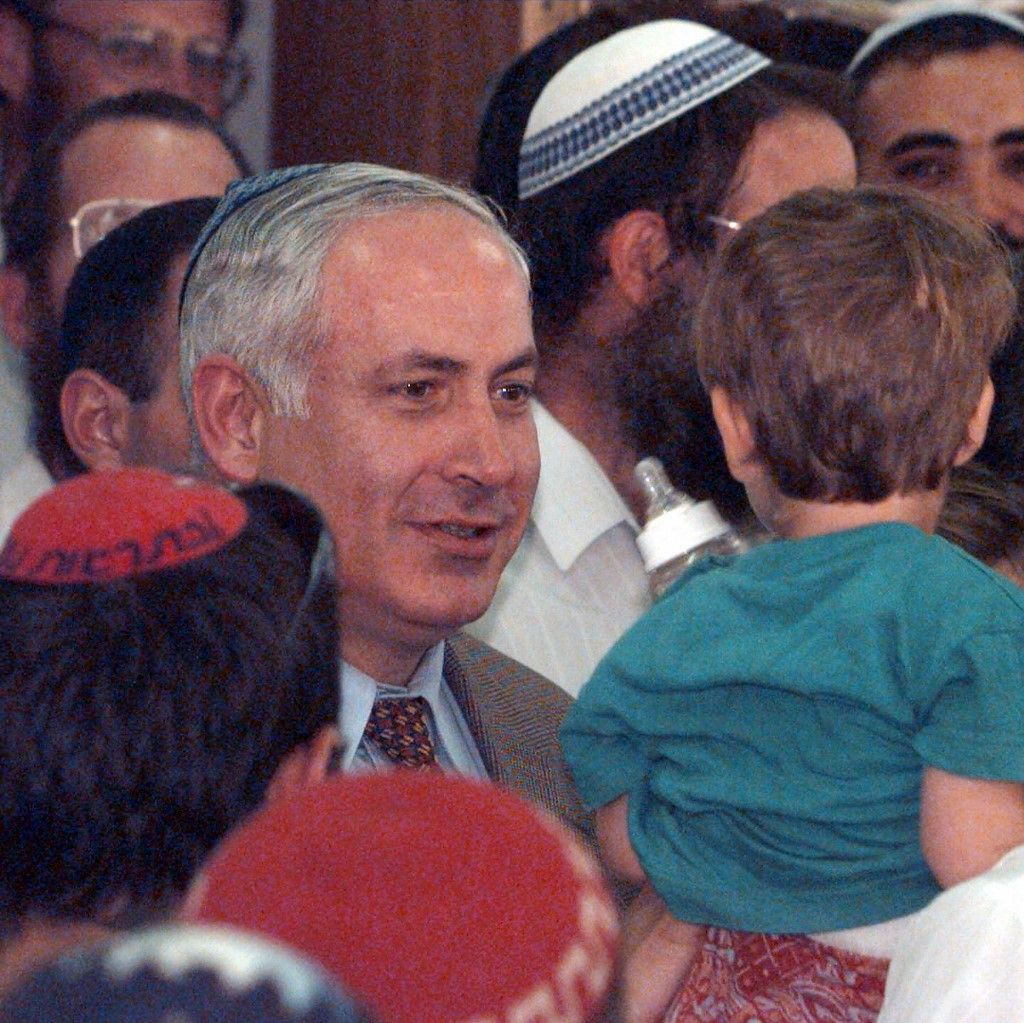
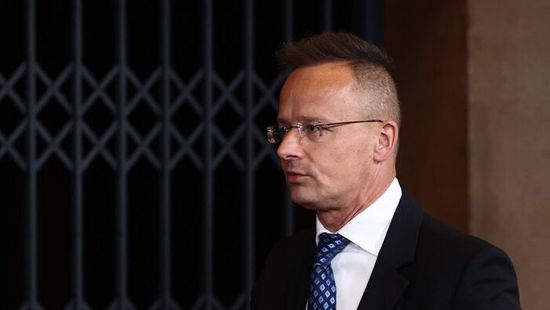
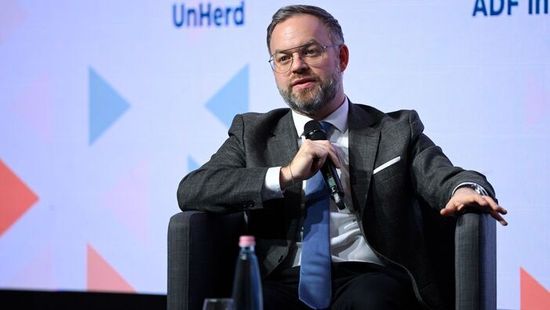

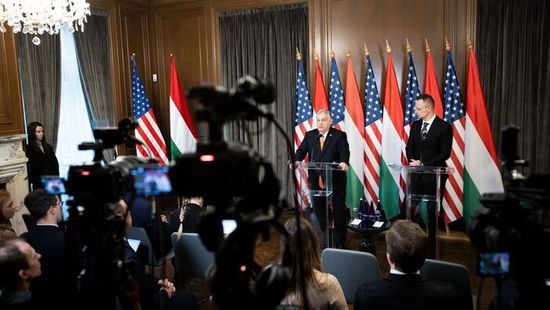

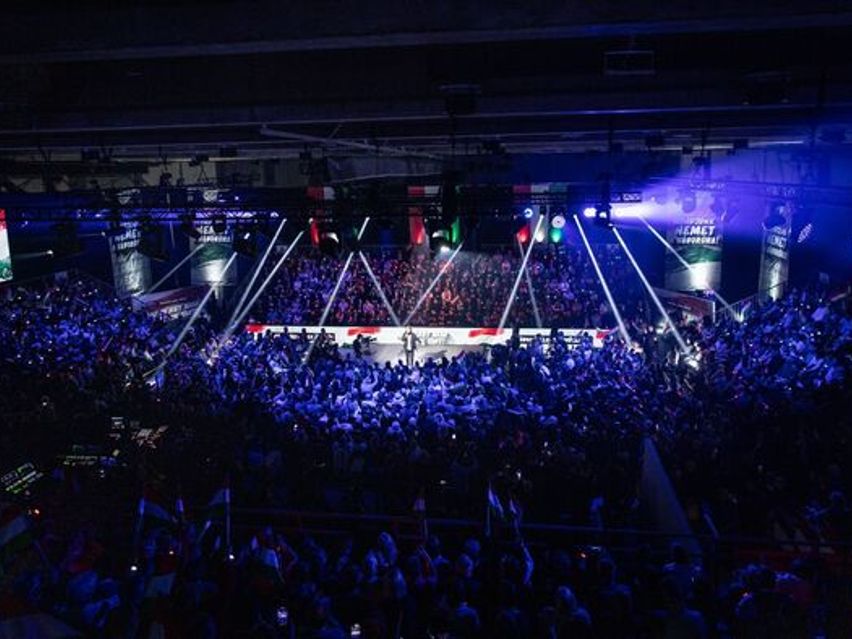
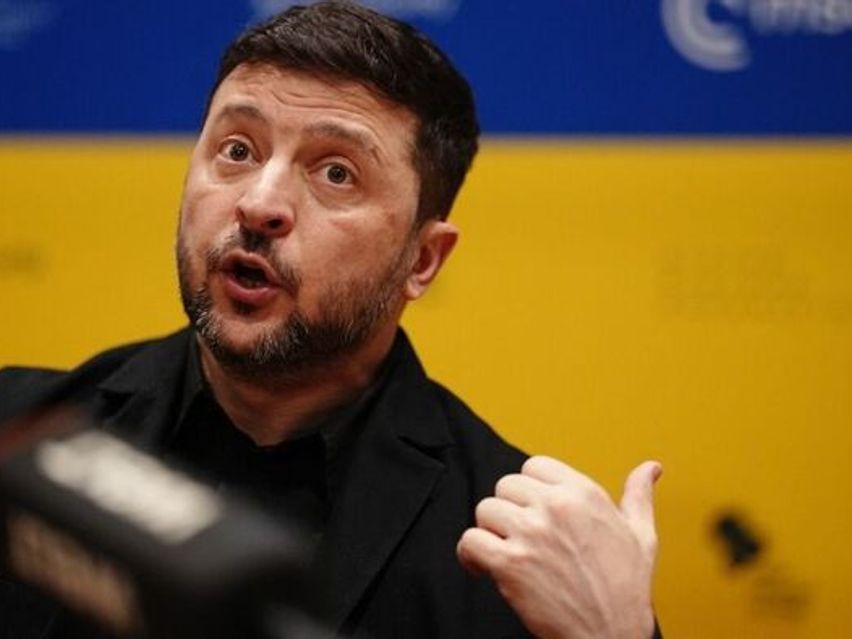
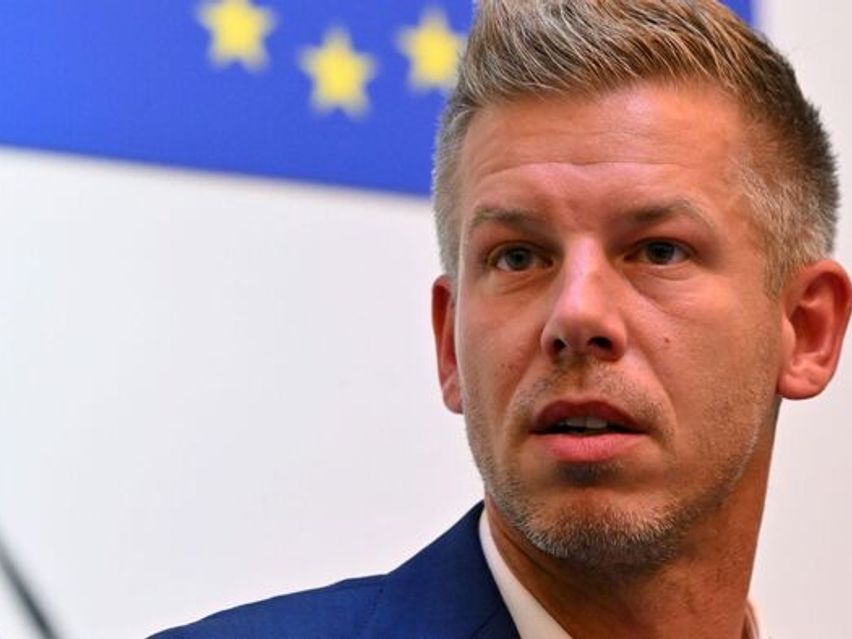



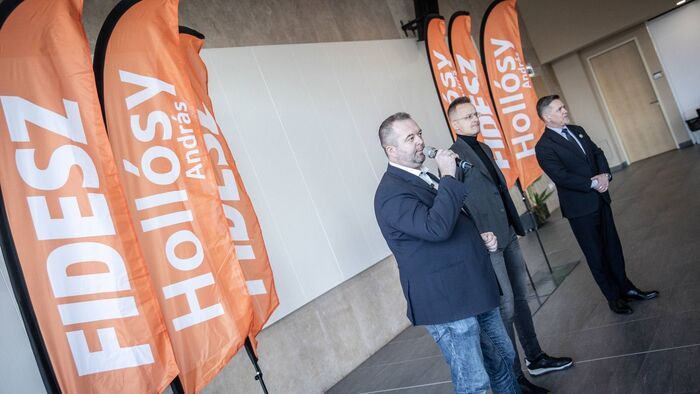


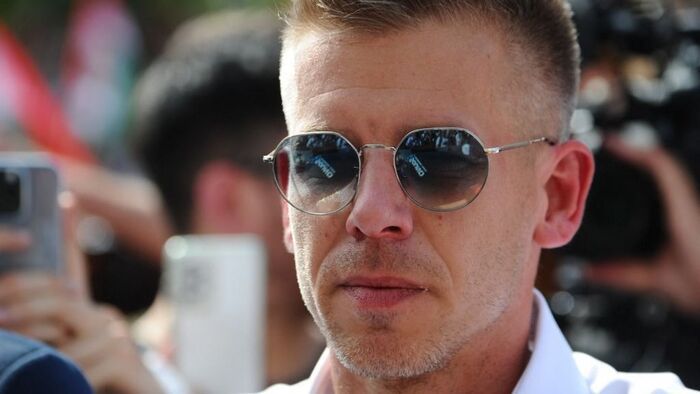
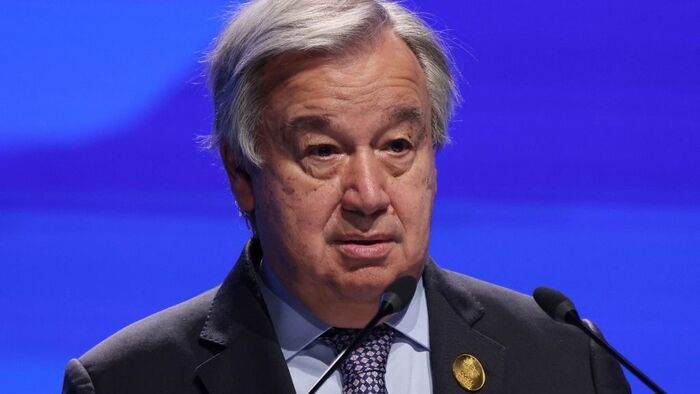
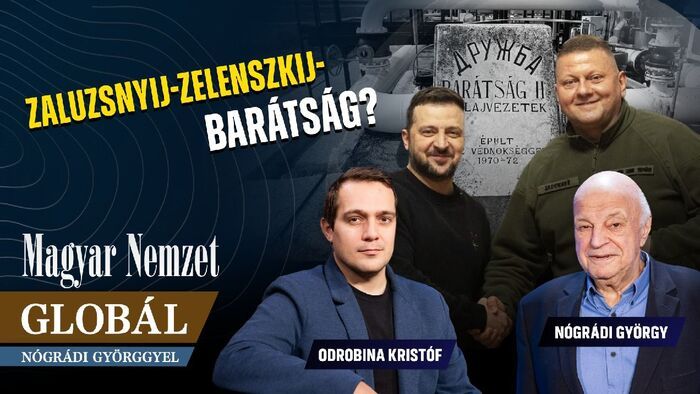




Szóljon hozzá!
Jelenleg csak a hozzászólások egy kis részét látja. Hozzászóláshoz és a további kommentek megtekintéséhez lépjen be, vagy regisztráljon!